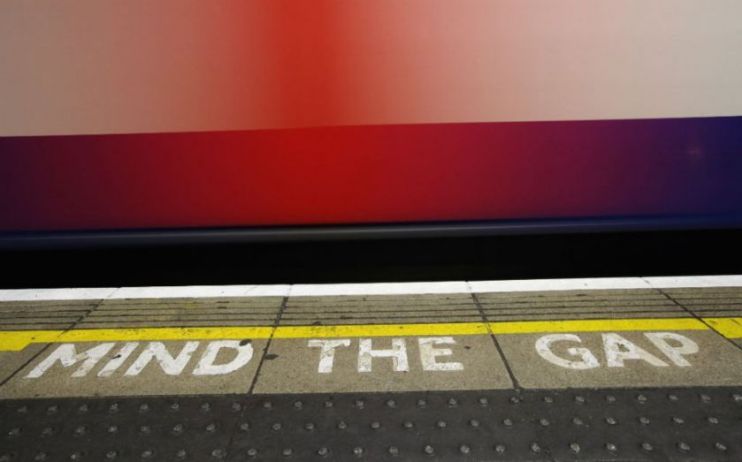There is a wealth of talent in disabled entrepreneurs – if only we can harness it

If you want to invest in someone with resilience, ingenuity and the ability to adapt to change, find an entrepreneur with disabilities. We are just as passionate about a great business idea as the next start-up founder. But having a physical or hidden disability , like I do, adds a daily need to innovate and problem-solve. That ability to overcome barriers is one of the greatest tools for building a company.
Being “different” has been a driving force behind some of our greatest entrepreneurs: Elon Musk is autistic, Richard Branson has dyslexia and Guy Hands of Terra Firma Capital Partners has severe dyspraxia.
As well as the ability to make money, we have spending power. Collectively, disabled people are a £249bn market in the UK. So the financial world should be welcoming us with open arms, right?
Well, not quite.
Finance is always the greatest issue when starting a business for any entrepreneur. But the complexities of financial support make it tough for disabled people to get their ideas off the ground. Why? Because we require investment into physical or technology-based support or environmental changes, just so disabled entrepreneurs can get going.
You might need to take a taxi to meet potential customers rather than a cheaper, but inaccessible tube. You have to plan and pay a price for that.
The government’s Access To Work scheme is there to support people with disabilities into work. It might pay for a sign language interpreter, adapted equipment or extra travel costs. But employers or disabled entrepreneurs often don’t know about the largely under-utilised programme. Even successful applicants have to wait for funding and the time lag can hinder their plans.
Despite their efforts, the government’s own figures show Access To Work was approved for 32,000 people in 2018/19 – there are 6.5 million disabled people of working age in the UK.
Staying in a job for financial security while working on a new business might be possible, but if you’re disabled, you have to manage your health, an existing job and launch a start-up.
After graduation, I chose a career to ensure longevity. But I also had a deep passion for travel, except for, that is, the humiliating and uncomfortable process of being lifted from my wheelchair onto a plane.
This ordeal enabled me to do what so many other entrepreneurs do: find a gap in the market and start a business.
All entrepreneurs come with different perspectives to help shape the way they choose to run a business. Investors, just like employers, need to trust we know how to manage our disabilities.
To help disabled entrepreneurs, Purple Sock Day was born. Businesses can buy purple socks for staff to wear on Friday, December 3, to coincide with the International Day of Persons With Disabilities. The profits go to developing a Parallel fund, to provide grants for disabled-run start ups and essential mentoring.
The need is there. Fifteen per cent of disabled people are self-employed compared with 14 per cent of the general population. From October to December 2020, the employment rate for disabled people aged 16-64 was 52.3 per cent compared to 81.1 per cent for those without disability. That’s a huge waste of talent. We have to do more to get disabled people into entrepreneurship.
